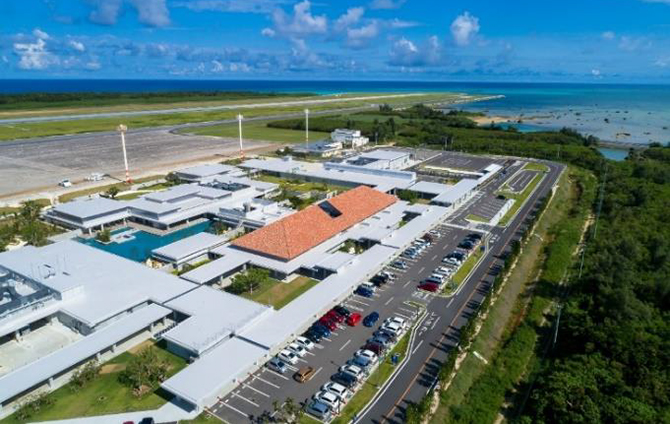Sustainability of the Mitsubishi Estate Group and Society: Four Key Theme
The global environment
The Global Environment
The Global Environment
Maintain commitment to reducing environmental impact
In order to fulfill our responsibility to the global environment and realize sustainability, we will maintain our commitment to minimizing environmental impact in our corporate activities and will seek to enhance corporate value as a leading environmentally-friendly company. By realizing a recycling-oriented society, preserving healthy forests, conserving and restoring biodiversity, and thereby creating positive impact, we will create an environment in which our business can operate in a sustainable manner.
[Vision]
Realization of sustainable urban areas and global environment
Material Issues

Risks
- Loss of sustainability in our business environment due to changes in the global environment
- Increase in costs due to compliance with environment-related regulations and guidelines
- Disengagement of customers and decrease in profit opportunities due to failing to comply with environmental requirements of customers
Opportunities
- Differentiation of products and services and acquisition of new business opportunities and customers through innovative responses to the environmental issues
- Acquisition of business opportunities through utilization of existing building stock through such measures as large-scale building and residential renovations leveraging know-how
- Enhanced investor engagement and increased stock market presence through proactive information disclosure
Targets
|
CO2 and other GHG emissions reductions 
|
|
|
Percentage of electricity derived from renewable energy 
|
100% by fiscal 2025 (Joined RE100) |
| Waste emissions | Reduce emissions per square meter by 20% by fiscal 2030 compared with fiscal 2019 |
| Waste recycling rate | 90% by fiscal 2030 |
| Procurement of timber in countries with low risk of illegal logging only, including Japan-grown timber*3 | Achieve 100% by fiscal 2030 |
- Emissions that remain unabated within the value chain in the target year are termed “residual emissions.” The SBTi standard requires neutralizing any residual emissions using forest absorption and carbon removal technologies outside the value chain to counterbalance the impact of these unabated emissions and to achieve net-zero emissions.
- An international initiative aiming to limit the average global temperature rise resulting from climate change to below 2 ºC above pre-industrial levels
- Applies to procurement of timber in the Mitsubishi Estate Group’s own value chain
Related Initiatives
Sustainability of the Mitsubishi Estate Group and Society:
Four Key Themes
DFF Inc.


